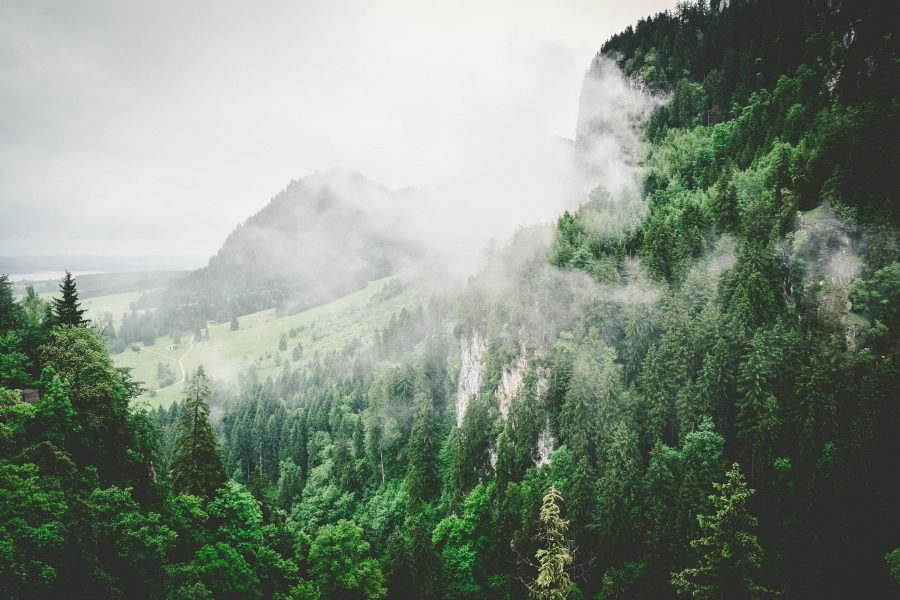The Edmonton Journal recently reported that Chief Allan Adam of Athabasca Chipewyan First Nation (a small northern Alberta First Nation) met with Mel Knight, Alberta’s Sustainable Development Minister, to discuss concerns about land use planning surrounding the Lower Athabasca Region (located in the oilsands).
Adams seems to be part of a growing chorus of Aboriginal groups protesting land use plans as they believe they favour oilsands development over environmental conservation.
No one disputes that land use should take into account environmental concerns and should act to protect endangered wildlife as much as possible. However, it is evident that the voices of the many Aboriginals who work directly and indirectly in the oilsands is not being heard.
The Canadian Council for Aboriginal Business identifies the oil and gas sector, including the oilsands, as a main employer of Aboriginal workers. Some First Nation communities, such as Fort McKay band, are completely reliant on the oilsands. The industry itself provides quality jobs for First Nations and injects revenues into reserves.
We should not assume the interests of chiefs is identical to these Aboriginal workers and communities. The way Aboriginal discourse is structured in this country, the dominant leadership has become the “default” ‘Aboriginal’ position. Thus, the public, through a media tilted towards chiefs and ‘official’ voices, has its perspective distorted as it believes all Aboriginal people and communities hate oil and gas development. For a non-Aboriginal public hooked on guilt over Aboriginal people, this narrative is easily believed.
Columnist Ezra Levant argued a similar point when he criticized Lionel Lepine, a professional Aboriginal oilsands protester, when he toured Europe, telling Europeans wanted they wanted to hear about the horrific oilsands. Despite the reliance of Natives on the oilsands, he complained that First Nation youth were interested in the skilled trades to service the industry. Well, not everyone on the Rez is able to or interested in becoming a permanent lobbyist for environmental groups.
Like so many living on the reserves, they want meaningful work that helps their family and their community get ahead.


